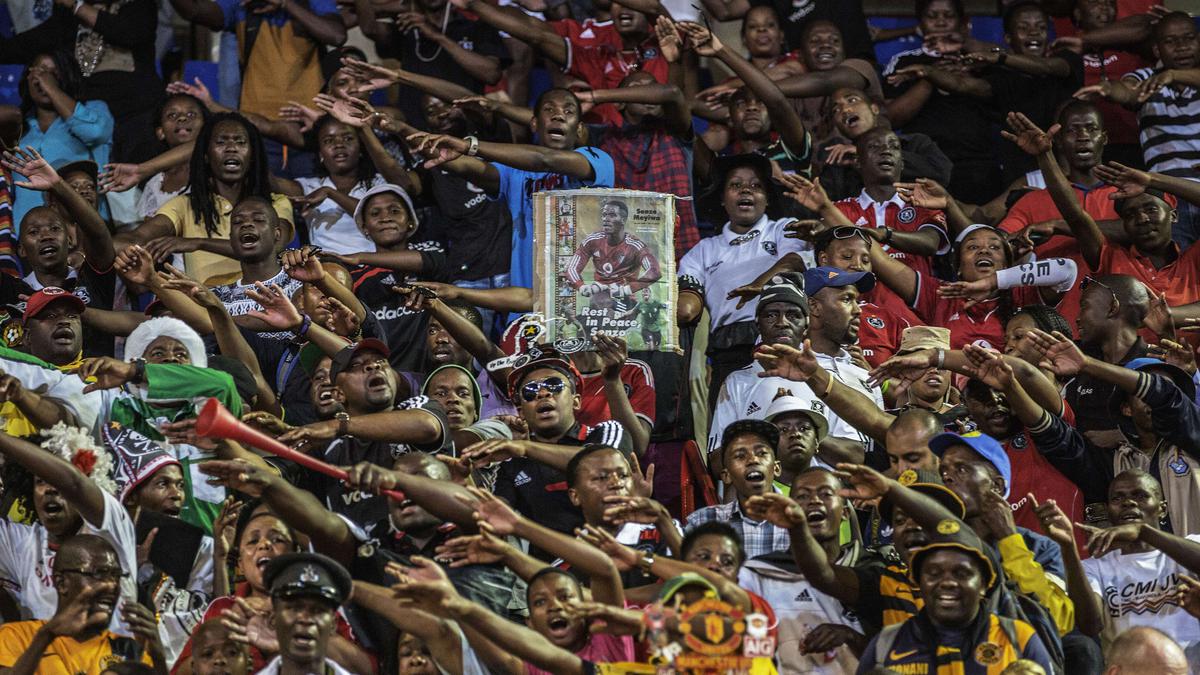African club semifinal fails to take place following dispute over Moroccan club’s jersey
Algerian side USM Alger’s African Confederation Cup semifinal first leg tie against Morocco’s Renaissance Berkane did not go ahead on Sunday because of a political dispute over the visiting team’s jersey, leaving the outcome of the tie in doubt.
The Berkane shirt features an expansive map of Morocco, including the disputed Western Sahara which has been a bone of contention between Rabat and Algiers, with the border between the neighbouring north African countries closed since the 1990s.
When the Moroccan side arrived in Algeria on Friday, their kit was confiscated by customs and the team detained at the airport for several hours before being allowed to proceed to their hotel, media reported.
Algeria see the map, which is displayed in the centre of the jersey, as a provocation and local media commentators claimed it was illegal to make a political statement on a football jersey.
But Berkane used the same jersey throughout this year’s competition and the Confederation of African Football upheld its right to wear it in Sunday’s first leg in Algiers after a hastily convened meeting of their inter-clubs committee.
ALSO READ | Real Madrid almost confirms title after Clasico win against Barcelona
Both sides arrived at the stadium in Algiers for Sunday’s match but while holder USMA came out for the kick off, Berkane remained in its change room, presumably in protest at not being able to wear its kit.
It was not immediately clear what action would be taken by the Confederation of African Football and there was no comment from African football’s governing body.
Tensions over Western Sahara have tarnished relations since Morocco annexed the territory after Spain left in 1975. Western Sahara is sparsely populated with phosphate reserves and rich fishing grounds.
Morocco staked a claim to the territory while it was under Spanish colonial rule. At the same time, Sahrawi people living there formed the Polisario Front to push for independence.
Backed by Algeria, the Polisario waged a guerrilla war until the United Nations brokered a ceasefire in 1991, with Morocco controlling about four-fifths of the territory.


